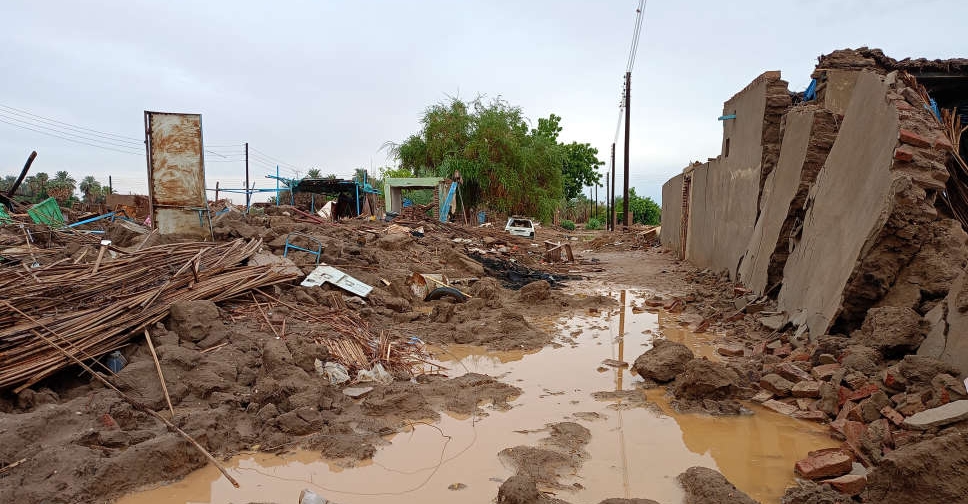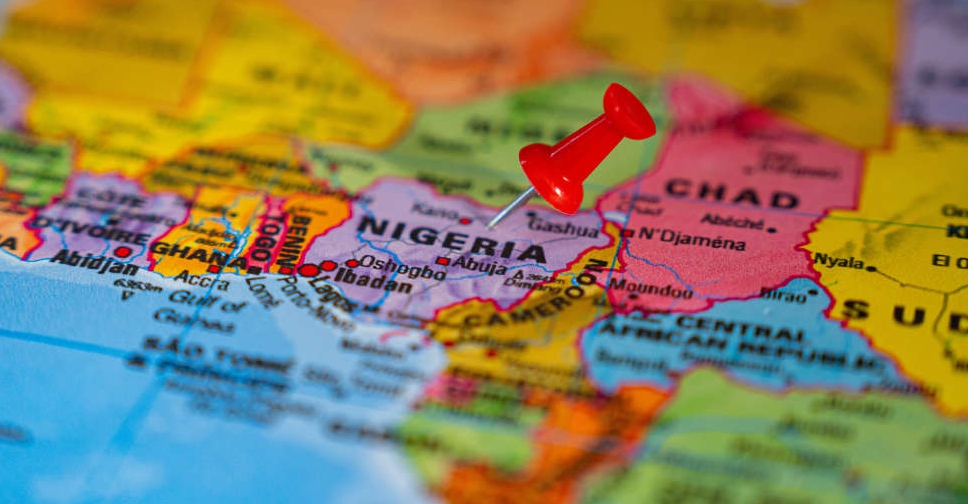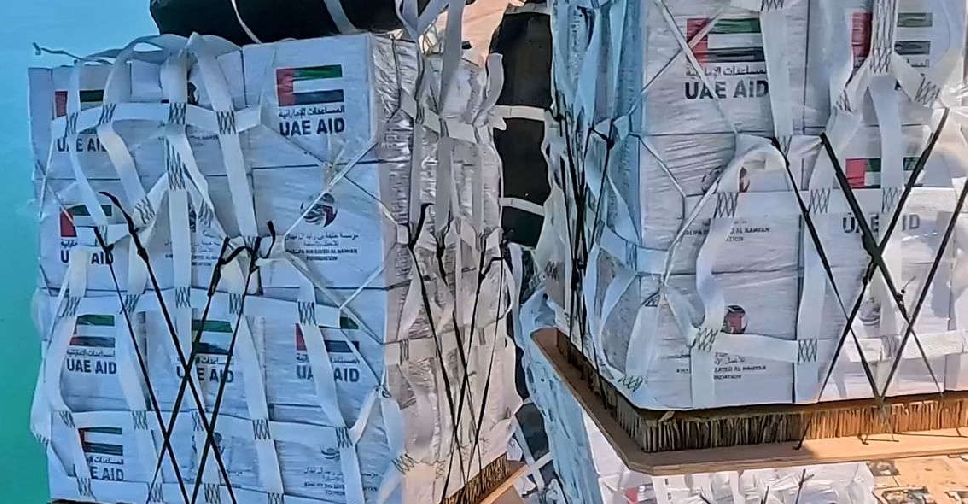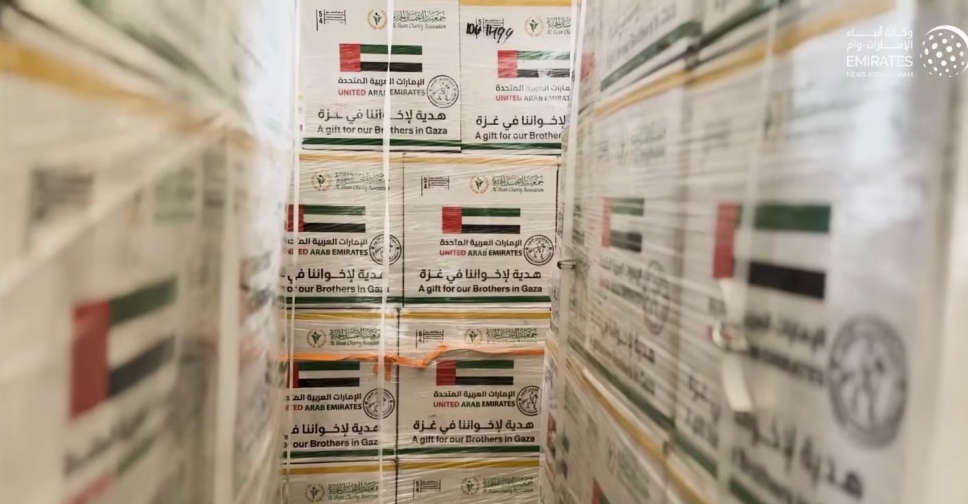
Emergency responders were scrambling on Tuesday to find out how many people remain missing after waters burst through a dam in eastern Sudan, resulting in the worst in a series of floods that have devastated a country already torn by 500 days of war.
The collapse of the Arbaat Dam on Sunday killed 30 people and likely dozens more, as this year's rainy season hits heavier, and in places earlier, than in past years.
War-shattered Sudan is already suffering from the world's largest hunger and displacement crises, and the flooding has impeded aid delivery already disrupted by the conflict between the army and its rival, the Rapid Support Forces.
"Even before the dam burst people were trapped by the flooding and couldn't get anything from Port Sudan. The aid coming in now can't get to the people," said Mohamed Othman, a leader from one of the flooded villages.
"Children are hungry and the roads are closed."
A single excavator carried people and food across the water in Arbaat.
Some 118,000 people have been displaced nationwide and more than 300,000 affected across the country, as the floods destroy homes and spread diseases including cholera.
In the Darfur region, the flooding has blocked food deliveries, including the first shipment of supplies from the World Food Programme to famine-threatened Kreinik since the re-opening of the Adre border crossing to humanitarians.
The bridge leading to the town, where thousands of displaced people are sheltering with little food, was destroyed in the rains, said one local volunteer.
WFP on Sunday said that the first shipments since mid-July had made it through the al-Tina border crossing into North Darfur, having been blocked by flooding there.
In Tokar, also in Red Sea state, at least 500 households were displaced as of Sunday, as people wade through rivers in between damaged homes.
Overnight, heavy rains hit several parts of Northern Sudan, with images on social media showing collapsed roofs and flooded neighbourhoods, though little official information was immediately available on losses there.

 Trump to raise tariffs on goods from India over Russian oil purchases
Trump to raise tariffs on goods from India over Russian oil purchases
 Arab Parliament condemns Israeli ministers' storming of Al-Aqsa mosque
Arab Parliament condemns Israeli ministers' storming of Al-Aqsa mosque
 Cambodia and Thailand begin talks in Malaysia amid fragile ceasefire
Cambodia and Thailand begin talks in Malaysia amid fragile ceasefire
 Ukraine charges six people, including lawmaker, in drone procurement scheme
Ukraine charges six people, including lawmaker, in drone procurement scheme
 Armed men on motorbikes kill 11, kidnap 70 in northwest Nigeria
Armed men on motorbikes kill 11, kidnap 70 in northwest Nigeria




